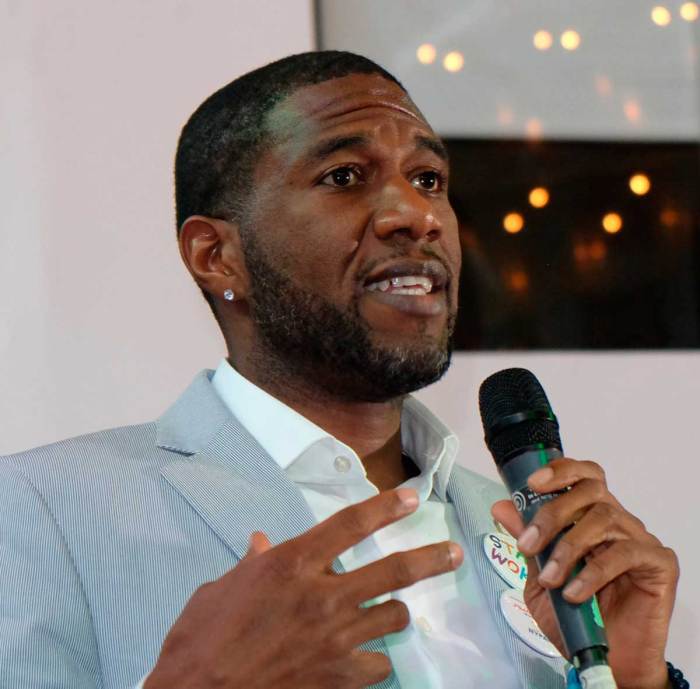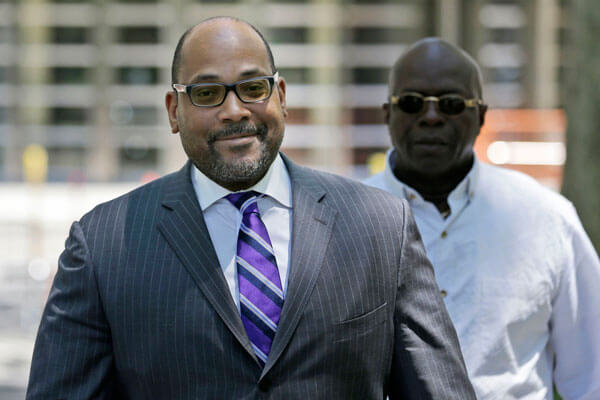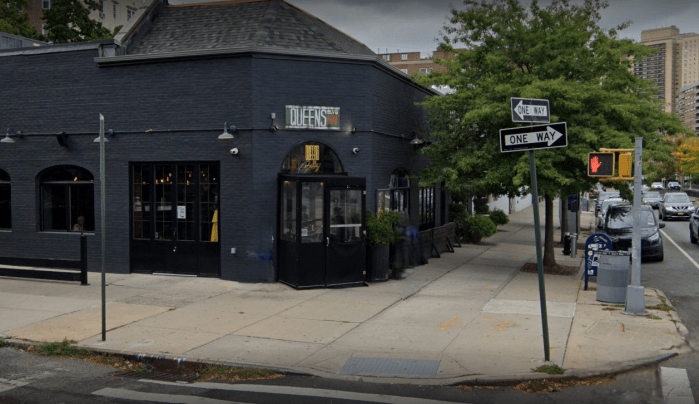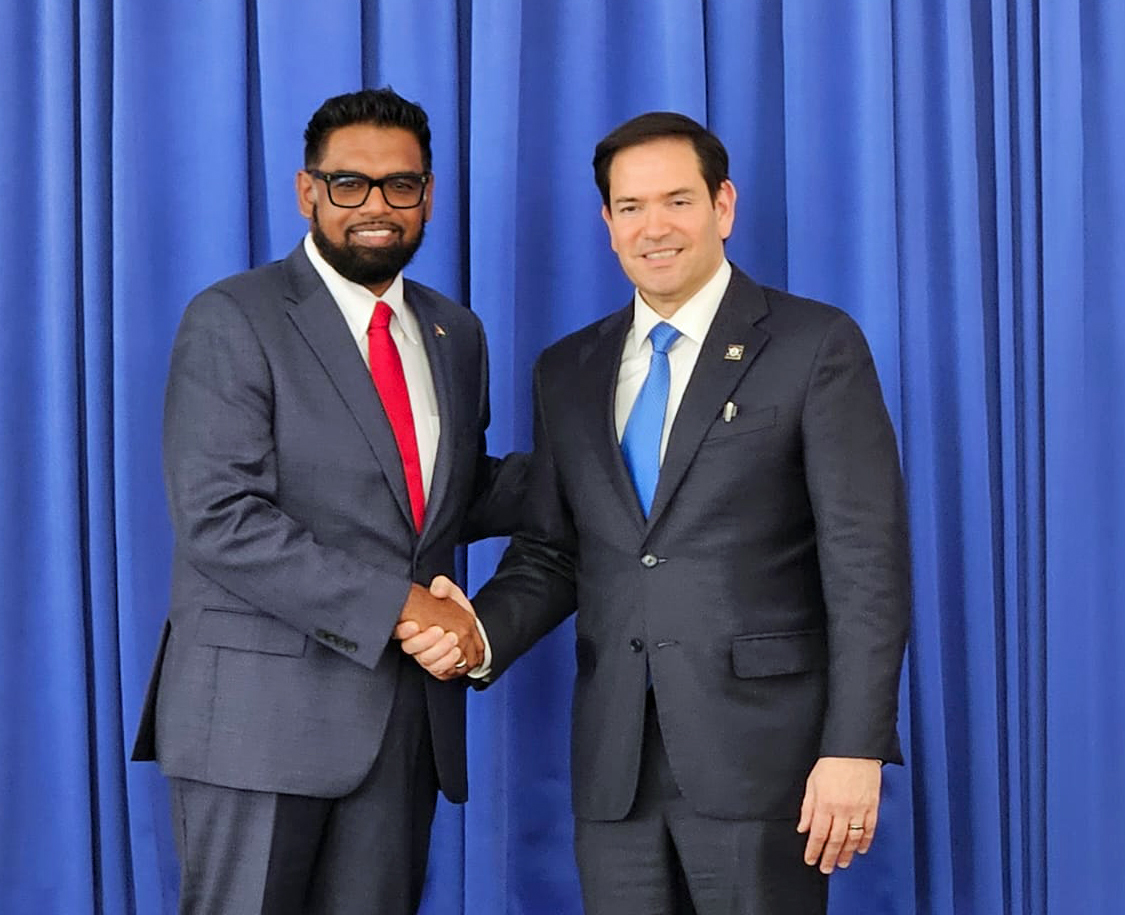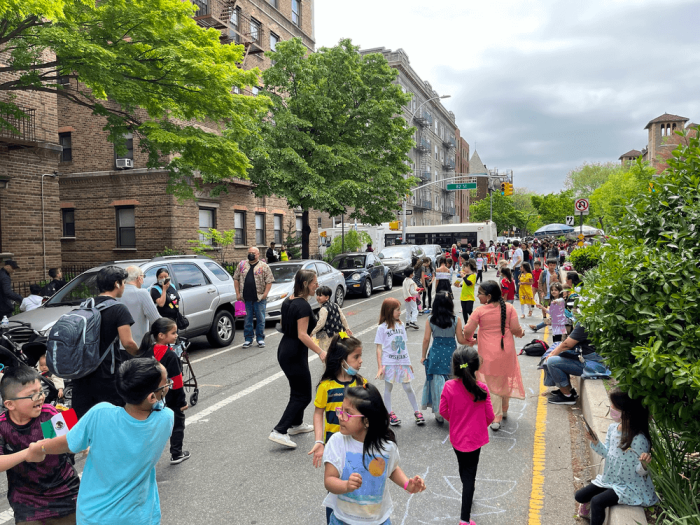Millions of Americans suffer from obesity, with a disproportionately high number coming from communities of color, particularly the Haitian community.
We are blamed for our weight, constantly being told we are not making good decisions. Everyone knows Haitian food is delicious, but I must admit, it can also take us out of the recommended two-thousand-calorie diet a day, but it’s our culture, and we eat the foods from our culture.
From friends and family to our own healthcare providers, we experience discrimination and bias from all sides. Every day, Haitians and people of Haitian descent search high and low for affordable options and treatments to help manage what the medical community knows is a disease. After finally finding providers who wanted to help, we found the treatment cost was simply out of reach.
As a nation that prides itself on having the best technology, medicine, and research centers, we must end the stigma and treat obesity as the complex and treatable disease that it is. Obesity was declared an epidemic by the CDC in 1999 and is now one of our most pressing public health concerns. New data shows that 30 percent of adults in all but nine states are living with obesity. These numbers are even higher when looking at our Black and Latino communities. In 36 states and the District of Columbia reported obesity rates of 35 percent or higher among Black adults, and 27 states reported rates over 35 percent amount Hispanic adults.
For the Haitian community in particular, weight has specific and complex cultural significance. However, it is clear that tradition and science are not aligned since obesity causes long-term adverse health effects that have been proven.
Obesity is a costly epidemic and a leading contributor to some of the significant causes of death, including diabetes, heart disease, stroke, and some types of cancer. Yet despite the conclusive evidence that obesity is a treatable disease, Medicare does not cover safe, FDA-approved anti-obesity medications.
Until legislators recognize obesity as the life-threatening disease that it is, millions will continue to suffer needlessly.
Close to 30% of adults in New York are living with obesity. This includes 30 percent Latino adults and over 36 percent Black and Haitian adults, but the numbers are lower among white adults. Outdated policies barring access to affordable obesity care are further exacerbating health disparities. Seniors rely on Medicare to cover their essential healthcare, including the full spectrum of obesity care.
Unfortunately, obesity impacts communities of color, like the Haitian community, which already face systemic inequities in healthcare at a higher rate, which puts us at greater risk for other serious chronic diseases. Black Americans and Haitian Americans are 77 percent, and Latinx Americans are 66 percent more likely to be diagnosed with diabetes compared to their white counterparts, a disease that increases the likelihood of life-threatening conditions like heart disease and stroke.
Solving systemic racial inequity in our healthcare system will require comprehensive action to address social determinants of health and bias and ensure equal access and affordability. But we can start by treating obesity like the disease the medical community knows it is.
Science must drive our laws and regulations, including recognizing and treating obesity as a disease. Successful obesity treatment involves weight reduction and improvements in related comorbidities.
Anti-obesity medications (AOMs) are essential in fighting this disease and helping reduce the risk of heart disease, diabetes, osteoarthritis, and other complications.
We need our Congressional leaders to work with the Biden administration on Medicare coverage policy updates that will help millions of Americans, particularly Haitian Americans, who need access to lifesaving care by making these medications available through Medicare Part D.
Samuel M. Pierre, MPA, is the executive director of the Haitian American Caucus, a global community development nonprofit organization whose mission is to provide Haitian communities around the world with access to information and resources that will foster self-development and success.





